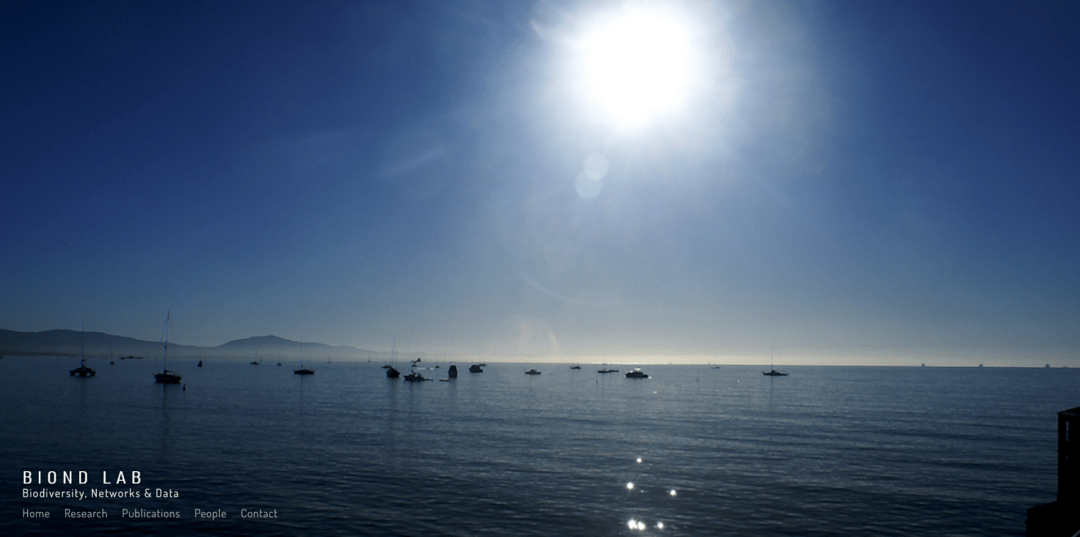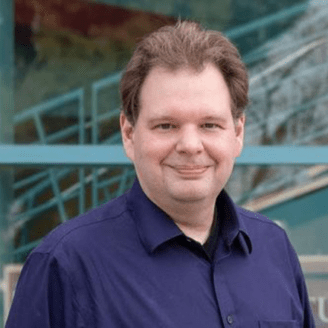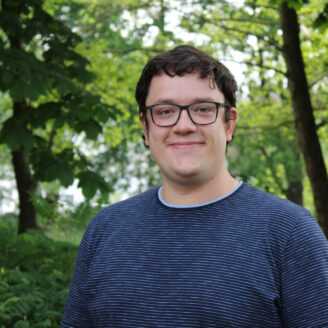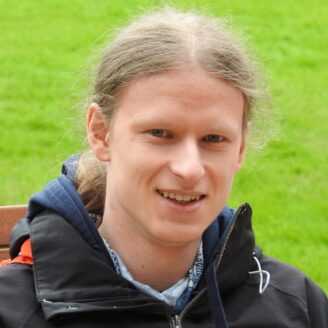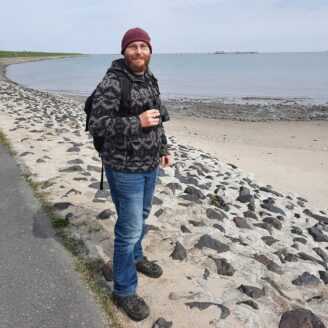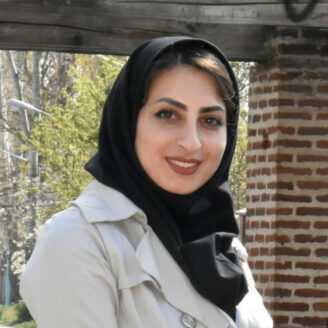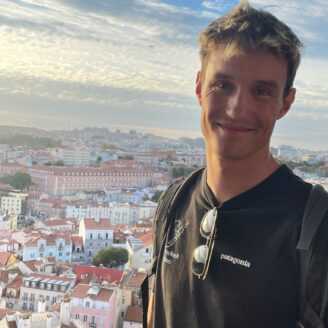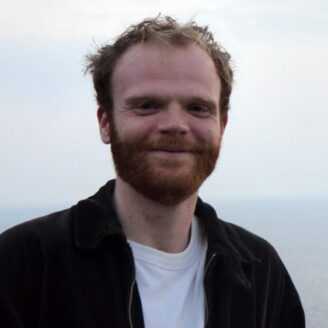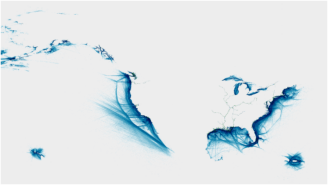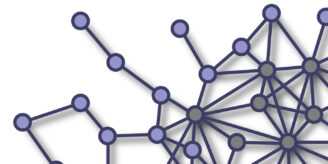Understanding biodiversity is a puzzle that lies at the very core of ecology. Already Charles Darwin described the awe this diversity inspired in him, “the endless forms most beautiful” that have evolved on earth. Since then we have discovered some of the puzzle pieces that promise to reveal how this diversity evolved, how it is maintained, and ultimately how it can be protected. However, we are still far from piecing together the full picture. Progress has been made mainly in simple systems, small examples and in understanding and broad principles. And while every success is a reason for celebration the nature of these successes show that humanity hasn’t yet found the right tools to deal with diverse highly complex systems. In the biodiversity theory lab we search for new ways to tackle the complexity of large real world systems. We use and advance cutting edge tools from a variety of fields and disciplines including nonlinear dynamics, statistical physics, algebra, game theory, and perhaps most importantly networks and data science.
Visit the BioND Lab webpage for latest information about the Biodiversity Theory group.
Would you like to learn more about the people and their projects? Listen to our podcast episodes:
Alumni Jana – on Bacteria, Manifold Learning and Courage
Our Team for Biodiversity Theory
Team leads
Thilo Gross
Ole J. Müller
Interdisciplinary Data and Network ScientistTeam
Bernd Michael Fernengel
Postdoc in Complex SystemsFabian Moye
Interdisciplinary Data ScientistJordan Aron Gault
Theoretical EcologistJuliane Entzian
MathematicianLuna-Fee Düster
Environmental Modeller (Master student)Melanie Habermann
Mathematical ModellerRana Shojaei
Physicist & Data ScientistSrilena Kundu
BiomathematicianTim Mauch
Environmental ModellerTom Clegg
Theoretical EcologistNews und articles on the topic
The Ocean – an Empty Space?
The ocean is most often seen as an empty space, for example in maps, where it is most often depicted as a blue shaded area next to colorful lands, mountains and valleys, forests and deserts, towns and roads. This is due to the traditional approach to creating maps and thinking about landscape (the clue is already in the term), people going as far as they can and writing about the things they find. The ocean in contrast is an inhospitable place to wander for humans, only with the aid of devices such as boats it becomes possible to leave the shore, creating the image of a vast desert in our minds.
Maths, Ecology and the Virus
Over the past months life has been severely impacted by Covid. The pandemic has wiped the previous problems, the Australian wildfires and the rise of disinformation, off the news and off people’s minds. However, to the network scientist an important parallel exists: All of these phenomena can be understood as spreading processes on networks.
